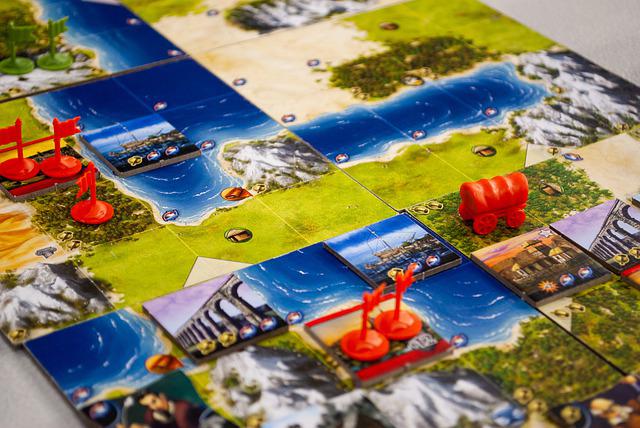PEERS Session #1
“Starting Conversations & Trading Info/Ideas”


Characteristics of Good Friendships
• Sharing of Common Interests
• Kindness and Caring
• Support
• Mutual Understanding
• Commitment and Loyalty
• Honesty and Trust
• Equality
• Ability to Self-Disclose
• Conflict Resolution
Types of Friendships - We Need a Variety
• Acquaintances
• Casual Friends
• Regular Friends
• Best Friends
Rules/Formulas for Trading Information
• Ask the other person questions
• Answer your own question
• Find common interests
• Ask follow-up questions
• Share the conversation (two-way conversation)
• Don't be a conversation hog (one-way conversation)*
• Don't be an interviewer (one-way conversation)*
• Don't get too personal at first*
Home Missions
1. Call or video chat to family member or friend.
- Arrange a phone call or video call to trade information.
- Go over the rules for trading information before the call.
- Social coaches should ask the following social coaching questions after the call:
- What was the common interest?
- What could you do with that information if you were going to hang out?
2. Young adults/teens and social coaches should practice starting a conversation, trading information,
and finding common interests.
- Go over the rules for starting a conversation and trading information before practicing.
- Social coaches should ask the following social coaching questions after practicing
- What was the common interest?
- What could we do with that information if we were going to hang out?
* See The Science of Making Friends DVD (Laugeson, 2013) or the FriendMaker mobile app for a Video Role Play Demonstration of the corresponding rule.
What do we look for in a friend (how to tell a real friend from a false friend)?
We look at factors like:
- sharing common interests,
- kindness and caring,
- support,
- commitment and loyalty,
- honesty and trust,
- equality,
- ability to self-disclose feelings,
- conflict resolution.
How to make conversations work (Steps for conversational skills)
We will discuss these skills and practise:
- Asking the other person questions
- Answering your own question (when the conversation dies because the other person doesn’t ask you any questions, you can answer the question that you last asked them and it keeps the conversation going)
- Talking about common interests (finding topics that you both enjoy talking about so that you are both keen to continue the conversation)
- How to ask follow-up questions (after someone has given you an answer, pick out something in what they said and ask them a follow-up question about it)
- Avoid being a “Conversation Hog” (Don’t dominate conversations by talking too long on your own favourite topics.)
- Avoid being an “Interviewer” (It’s good to ask the other person questions, and we also need to self-disclose our own thoughts and opinions otherwise we come across as unfriendly.)
- Go slow and steady with personal/distressing topics (don’t give too much information out of a personal nature, because it causes us to appear needy and people will withdraw from us)
How to initiate a conversation with someone new (the exact formula)
The formula for starting a conversation is:
- casually look over,
- look slightly interested at first,
- find a common interest,
- mention the common interest,
- ask questions about the common interest,
- assess their interest level (check the other person is keen to talk)
- introduce yourself.
We are proud of your young person. We are proud of you as parents/social coaches.
